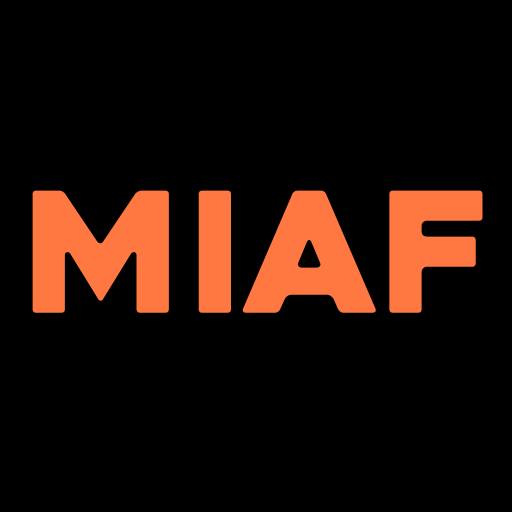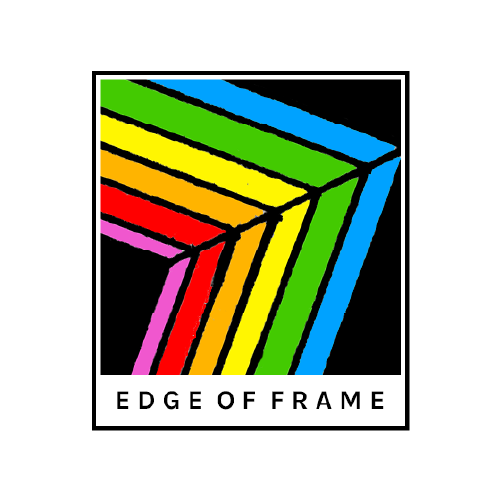Polish animation holds a very special position in the hearts of all fans of classic animation. It has been described as containing “a sense of absurdity, surrealism and anguished settings”. All true, but to this could also be added a love of complex, adult fairytales and a willingness to take the best from western and eastern visual influences. The names of the finest Polish animators stand high on any list of master animators. Jan Lenica, Jerzy Kucia, Zbigniew Rybczynski, Piotr Dumala and Walerian Borowczyk and many more are represented in this comprehensive four programme retrospective, co-presented by Etiuda&Anima, Poland and LIAF. Details of the third of the four programmes are shown below.
‘Franz Kafka’ (Piotr Dumała, 1991)
A psychological animation based on Franz Kafka’s Diaries, the store centres on a few years of the writer’s life. Dumala uses the technique of scratching images into plaster.
16’00
‘Drgająca struna – Chordofon z IV suity s-dur’ (Rafał Bartkowicz, 1995)
A film inspired by the music of Johann Sebastian Bach, that links the traditional technique with cut-out animation.
5’30
‘Maski/The Mask’ (Piotr Karwas, 1998)
A film that links puppet animation with computer animation. ‘The Mask’ is a story about the search for identity. A shapeless character, looking for the best face, whittles many masks, but none suit him. Finally, he finds the best one in an unexpected place. ‘The Mask’ received the ‘Golden Bear’ for ‘Best Animation’ in Berlin and the ‘Golden Dragon’ in Krakow.
5’00
‘Romans dżentelmena/Gentleman’s Romance’ (Tomasz Kozak, 2000)
A surrealist story about human passions. A gentleman is seduced during a phone conversation
by a mysterious winged man, who imprisons him. They begin a chess game that will change into an erotic game, full of aggression and violence.
10’00
‘Strojenie instrumentów/Tuning The Instruments’ (Jerzy Kucia, 2000’)
A symphony of image and sound, presenting the uncertainty of life. ‘Tuning The Instruments’ is Kucia’s crowning achievement, in which a stream of images combine with a stream of sounds.
15’15
‘Śmierć na 5/A- Grade Death’ (Mariusz Wilczyński, 2002)
An animation made for the last song of Grzegorz Ciechowski, the leader of the Republika band, who died in December 2001. Unfortunately, his sudden death interrupted the work, but Wilczyński finished the film in March 2002 and added a new ending.
3’40
‘Katedra/ The Cathedral’ (Tomasz Bagiński, 2002)

Bagiński worked on ‘The Cathedral’ by himself for three years. It is a dream-like story about a man who finds a mysterious cathedral on a remote planet. The film is based on the short fantasy story written by Jacek Dukaj and was nominated for an Oscar.
6’30
‘Po jabłkach/After Apples’ (Marta Pajek, 2004)
Somewhere in the middle of nowhere, after all the apples have fallen from the trees, everything is asleep – including a mother and her child in a small flat. Meanwhile, when the mind sleeps…
5’30
‘Niestety/Unfortunately’ (Mariusz Wilczyński, 2004)
A story about a couple of old angels that live together happily. One night, they start dreaming about their youth. Parallel images of the same story begin to differ, and they uncover hidden emotions and a dark side of the soul.
13’00
‘Sztuka Spadania/Fallen Art’ (Tomasz Bagiński, 2004)
Merited officers that the army wanted to get rid of, live in a remote and God-forsaken military base. Maddened as a result of their war experiences, they work on their hobbies – the old General for instance, is fascinated by art, which he creates in a very terrifying way. This is a story full of absurd, black humour.
6’00
‘Zoopraxiscope’ (Hieronim Neumann, 2005)

A film inspired by the 1879 invention of an English photographer and inventor – the Zoopraxiscope. A prototype of the cinematograph, it enabled photographs to be animated, recording consecutive stages of movement.
11’45
‘Ichthys’ (Marek Skrobecki, 2005)

‘Ichthys’ is a metaphorical parable about human dreams and expectations. A young man comes to a restaurant where a waiter with a cherub-like face takes his order. Time passes and when the waiter shows up again, the man finds he cannot enjoy a meal for ever more.
15’00
















